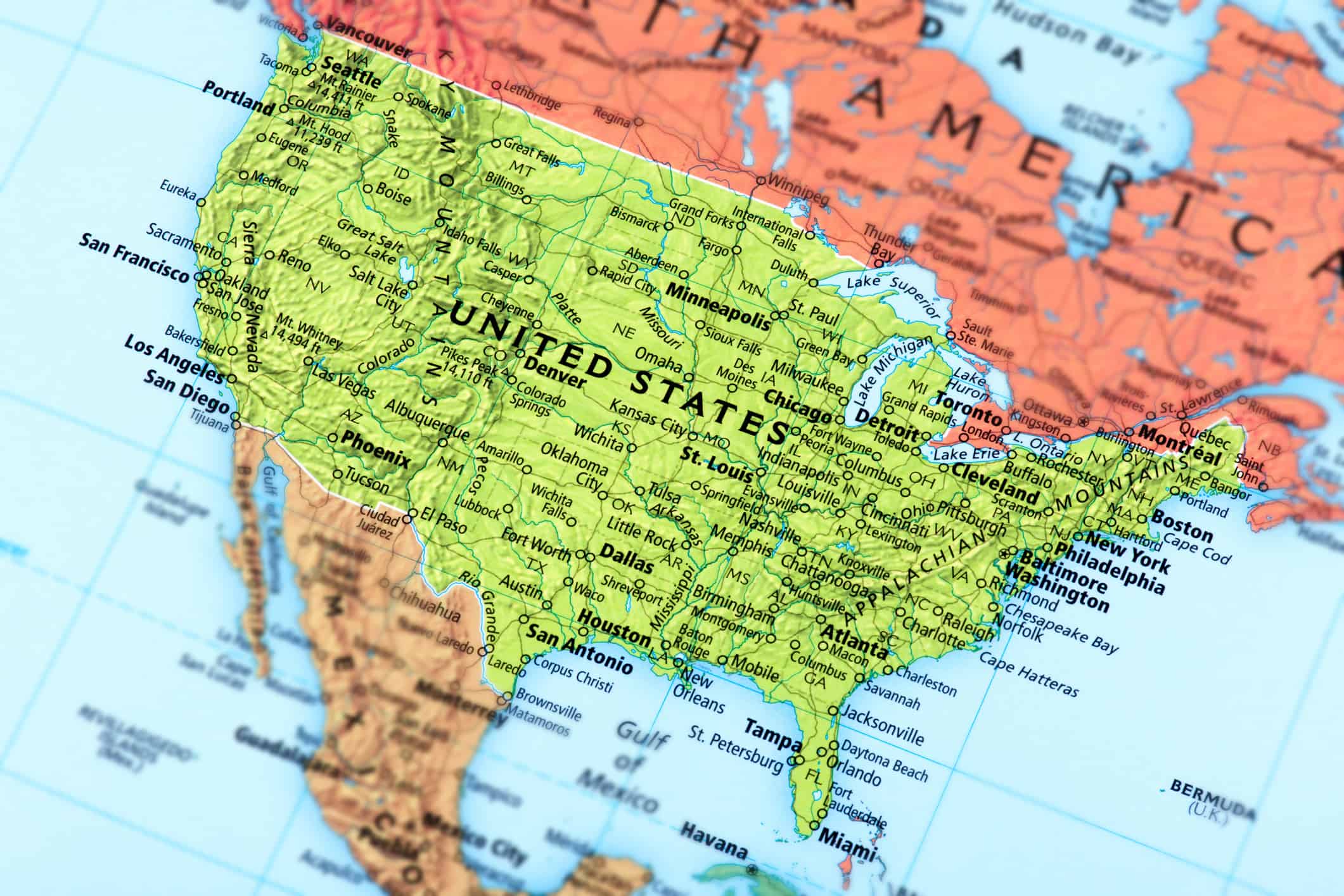When it comes to choosing a place to retire, there are many options, all with their pros and cons, but there are some states that will definitely make your golden years harder than they need to be.
For the third year in a row, Alaska ranks as the worst state to retire in the United States, according to Bankrate’s 2024 retirement survey. Despite being the largest state in the country, it consistently ranks low in the key categories used to determine the best and worst places to retire.
Bankrate’s rankings take into account a wide range of retiree-relevant criteria. These variables are divided into five weighted categories: affordability (40%), overall well-being (25%), quality and cost of health care (20%), weather (10%), and crime (5%).
These rankings were based on data from reputable sources including the United States Census Bureau, the Council for Community and Economic Research, the Tax Foundation, and the National Oceanic and Atmospheric Administration.
The reality of retirement depending on which states your live in
Alaska performs particularly poorly in the weather category, ranking last of all 50 states. The state’s climate can be particularly harsh, with winter temperatures often dropping as low as -10 degrees Fahrenheit. While summer temperatures can reach a pleasant 45 to 75 degrees Fahrenheit, many retirees struggle with long, cold winters.
Alaska’s geographic isolation and harsh weather conditions make it vulnerable to natural disasters like earthquakes, which are another source of concern for prospective retirees.
Another significant factor that lowers Alaska’s ranking is affordability. RentCafe estimates that the state’s cost of living is about 30% higher than the national average. This includes significantly higher housing costs, which are approximately 17% higher than the national average, as well as utility expenses that are nearly 50% higher.
Furthermore, health-care costs in Alaska are notably high, and retirees living on fixed incomes may find these expenses overwhelming.
However, Alaska does provide some financial benefits for retirees. It is regarded as a tax-friendly state, particularly for those earning retirement income.

Alaska does not have a state income tax, estate tax, or inheritance tax. Furthermore, pensions and Social Security benefits are not taxed. This can provide some relief for retirees, but the state’s high living costs may offset some of these advantages.
In addition to Alaska, the other states ranked low in Bankrate’s study face the same challenge of being relatively expensive places to live. For example, New York, Washington, and California are all among the worst states for retirement due to high living costs.
These states are well-known for having higher-than-average housing prices, taxes, and overall costs for basic goods and services.
However, a higher cost of living should not disqualify a state from consideration as a retirement destination. Retirees who are willing to plan ahead financially can still retire in more expensive states by increasing their savings.
While financial considerations are undoubtedly important when planning for retirement, it is also critical to consider other non-financial factors that can contribute to a happy and fulfilling retirement.
According to Bankrate, factors such as community engagement and social connections are critical to overall retirement well-being.
Kerry Hannon, a retirement expert, explains, “Having that sense of community and human connection is huge to healthy aging.” Loneliness and social isolation can be harmful to retirees, so it’s critical to choose a retirement destination where one can cultivate and maintain strong social ties.
Hannon advises retirees to prioritize finding a community in which they feel connected and supported, as this can have a significant impact on their emotional and physical health during retirement. “Isolation and loneliness are not something you want to move toward, so look for your community,” she says in Bankrate’s study.
Many retirees believe that living in a community with access to social opportunities, community-building activities, and resources for maintaining relationships is just as important as the financial and practical aspects of retirement.






